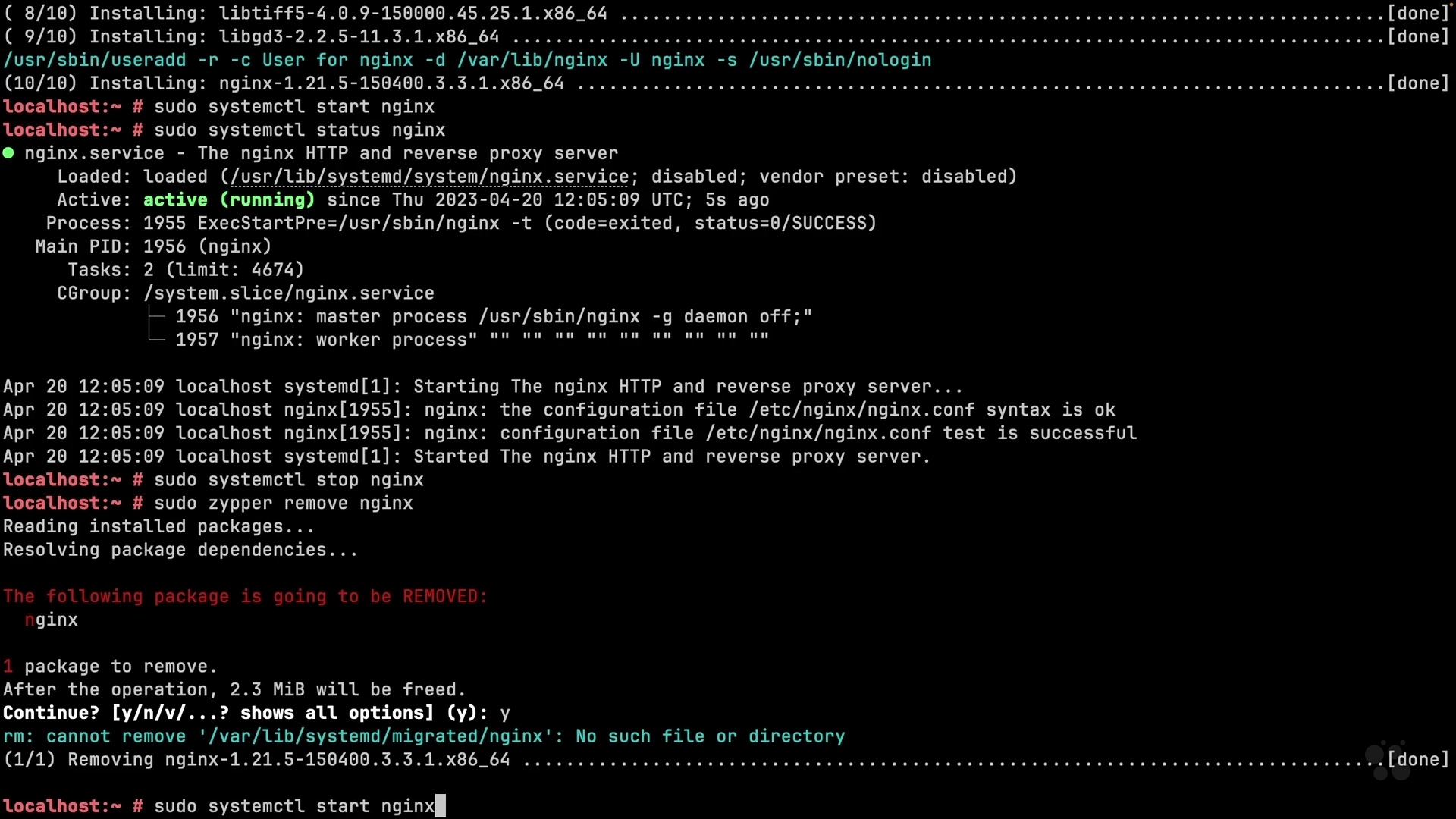در حال حاضر محصولی در سبد خرید شما وجود ندارد.

در این روش نیاز به افزودن محصول به سبد خرید و تکمیل اطلاعات نیست و شما پس از وارد کردن ایمیل خود و طی کردن مراحل پرداخت لینک های دریافت محصولات را در ایمیل خود دریافت خواهید کرد.


LPIC-2 Online Training

Red Hat Certified Engineer (RHCE) Online Training

نحوه تغییر مجوزهای فایل در لینوکس

LPIC-2 Online Training

آموزش اتوماسیون شبکه Ansible Red Hat

دستورات شبکه در لینوکس برای مدیران سیستم
-main-resized.jpg)
دوره حرفه ای لینوکس LPIC-1 (101-500 و 102-500)

Python and Ansible Automation for Juniper Networks Online Training

نحوه ایجاد و نصب یک سیستم فایل لینوکس

اتوماسیون شبکه ها با Ansible
✨ تا ۷۰% تخفیف با شارژ کیف پول 🎁
مشاهده پلن ها